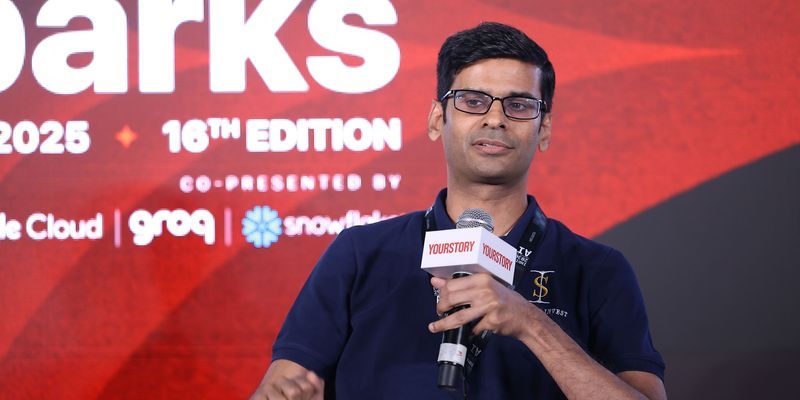Copyright yourstory

"For deeptech to really take off, there needs to be a foundational layer of great research," said Vishesh Rajaram, Managing Partner, Speciale Invest, highlighting how premier Indian institutions have contributed to kick-starting India's research-led deeptech future. At the 16th edition of Bengaluru TechSparks, panellists called for patient, research-driven and early capital in deeptech research. "Indian academia, for many years, was all about producing great engineers, great students who went on to work in great companies and build great companies. The focus wasn't so much about great research until about 10 or 15 years ago," explained Rajaram in a conversation with YourStory Founder and CEO Shradha Sharma. These changes can be seen in practices like professors being allowed to take just three classes a week, enabling them to dedicate more time to research. Moreover, research is also measured by its convertibility to curriculum. "It means that if I’ve found a new category that nobody knows about, I’m quickly training around 300 people over two or three years on that topic. This means I’m not only discovering something that nobody else has found, but I’m also training a group of people to use that knowledge to do something further," highlighted Rajaram on how the research mindset, equipped with teaching access, gives us a headstart on frontier technology. Another cascading benefit is encouragement for PhDs to return to India, who will now find it more feasible as they are not bound by 40-hour workweeks in teaching. The can now utilise the free time for building world-class technology. Beyond classrooms, the conversation also delved into supporting pathbreaking technologies in their nascent stages. Funding early research, along the lines of technology readiness levels (TRL) 4, 5, and 6, much before their commercial use is apparent, requires patient capital. "So, the thinking is that that burden lies only on academia, only on philanthropy, only on government grants [to fund at early technology readiness levels]," said Arjun Rao, General Partner, Speciale Invest, highlighting the ongoing thinking and what needs to change. Speciale Invest invests as early as Technology Readiness Level (TRL) 4, whereas most investors typically wait until the technology reaches closer to TRL 9 before coming in. M2P Fintech's Co-founder, Prabhu Rangarajan, gave an instance of how families are usually not happy when a kid who has done a bachelor's in mechanical engineering wants to start something that, at the beginning , looks like a simple factory. "That’s how mechanical engineers are built, right? They build great systems and will probably end up building robotic machinery. But you need to start there. You need to start with the nuts and bolts. We don’t have that patience as a society," he said, stressing how, beyond capital, research and breakthroughs require a patient ecosystem. (Edited by Jyoti Narayan)



